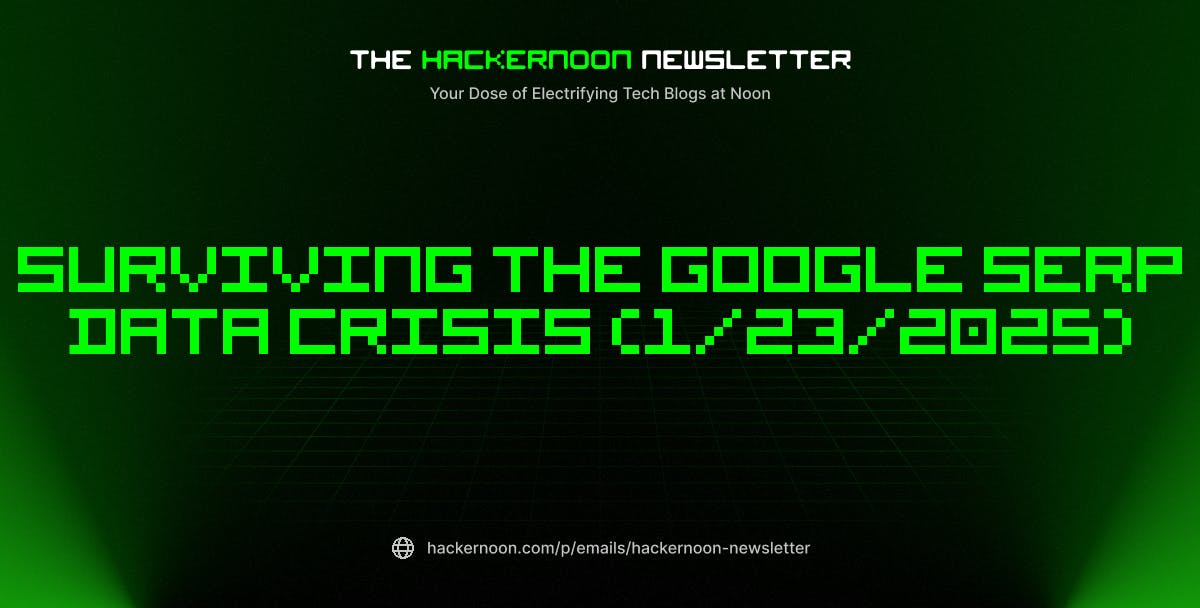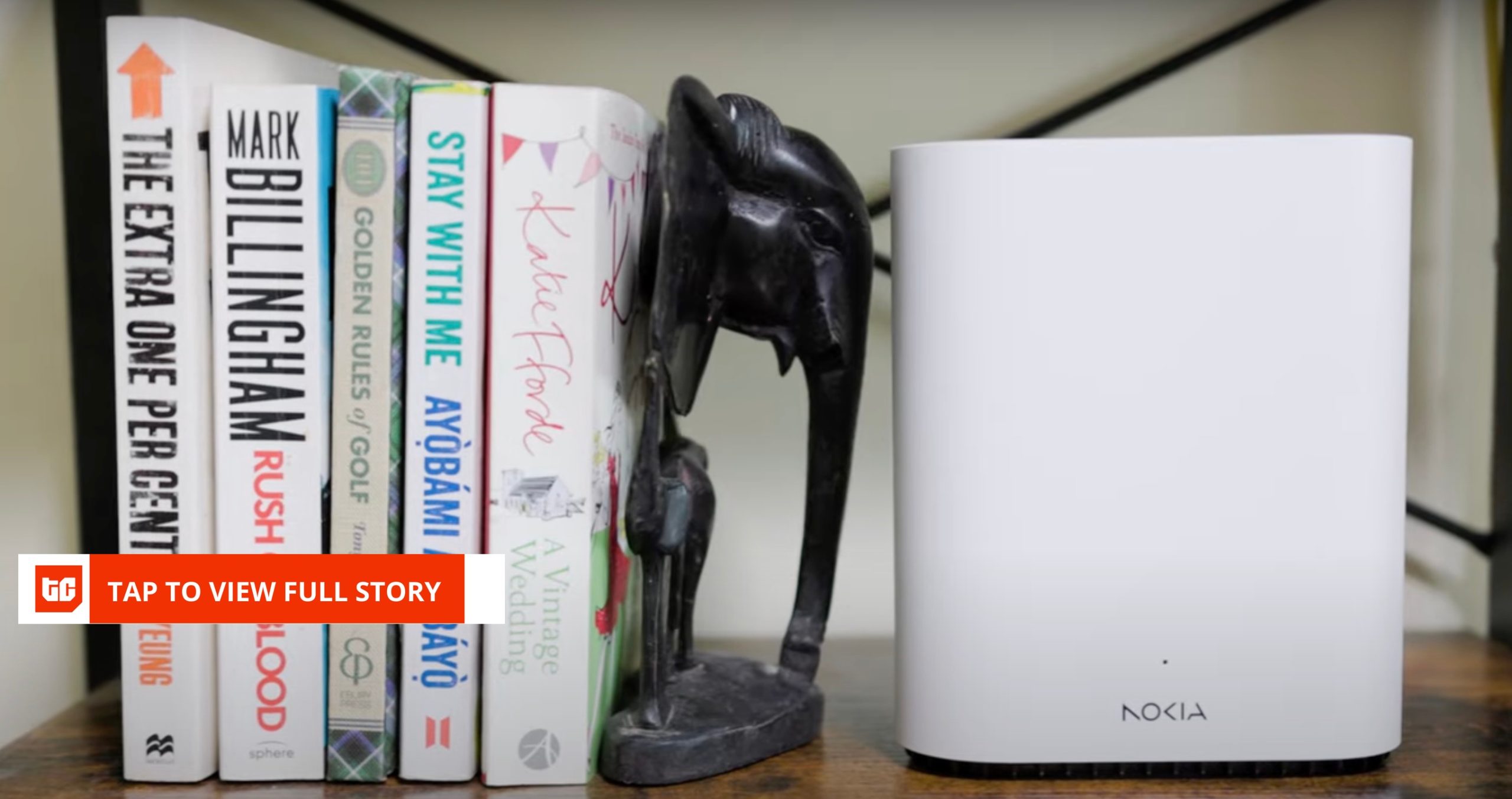Press release. Thales Alenia Space, the joint venture formed between Thales (67%) and Leonardo (33%), and Hispasat, the operator and provider of Redeia satellite services, have announced the start of the development, construction, verification and validation phase of the QKD-GEO prototype, the first Spanish geostationary quantum key distribution system. With a budget of 103.5 million euros, the QKD-GEO mission is an initiative of the Secretary of State for Telecommunications and Digital Infrastructure financed with European funds from the Recovery, Transformation and Resilience Plan—PERTE Aeroespacial—; whose contracting is managed by the Center for Technological Development and Innovation (CDTI).
A paradigm shift in secure communications
The emergence of quantum computers provides much greater computational power than traditional computers for certain problems, such as decomposition into prime factors on which current non-symmetric cryptography is based. This will represent a paradigm shift in secure communications, since current encryptions can be decrypted in a matter of seconds. Therefore, it is essential to develop a system that allows information to be sent with the necessary guarantees in government communications environments (civil and military), management of critical infrastructures and applications and services of economic, environmental or technological interest, as well as large corporations. . This technology also represents a first step towards a future quantum internet, which will represent a radical leap in global communications.
A paradigm shift in secure communications
The emergence of quantum computers provides much greater computational power than traditional computers for certain problems, such as decomposition into prime factors on which current non-symmetric cryptography is based. This will represent a paradigm shift in secure communications, since current encryptions can be decrypted in a matter of seconds. Therefore, it is essential to develop a system that allows information to be sent with the necessary guarantees in government communications environments (civil and military), management of critical infrastructures and applications and services of economic, environmental or technological interest, as well as large corporations. . This technology also represents a first step towards a future quantum internet, which will represent a radical leap in global communications.
The distribution of quantum keys through an optical communications system makes it possible to verify with certainty whether they have been intercepted, since their integrity is continuously verified thanks to the quantum properties of photons. However, terrestrial networks based on fiber optics can only preserve this integrity over distances of less than hundreds of kilometers, since beyond that figure they suffer unaffordable signal losses.
On the other hand, the use of the satellite to send quantum keys allows any distance to be covered, since the signal attenuation is lower in free space. Specifically—and unlike other orbits—geostationary coverage, at 36,786 km high, allows these communications to be established between entire continents with a single satellite, continuously and without the need for tracking systems.
A disruptive and pioneering project worldwide
With a total duration of 24 months, the QKD-GEO project consists of the development of the various elements that will constitute a future quantum key distribution system from geostationary orbit. Specifically, the project covers both the development of a quantum payload to be shipped on a geostationary satellite, as well as the associated ground segment. This is a disruptive and pioneering project worldwide, since to date there is no quantum key distribution system in the world from geostationary orbit.
QKD-GEO has passed the initial system design phase, lasting four months, in which the system architecture has been established and the various elements that compose it have been defined. The geostationary payload is made up of a high-precision telescope with its pointing mechanism and integrated electronics, a quantum random number generator, a source of polarized photons, a laser beacon and a processor responsible for generating the keys and implementing the communication. For its part, the ground segment consists of optical stations – equipped with a telescope to receive photons sent from space and recover the keys – and an operations center, which organizes and controls all the activities of the system, both spatial segment as well as users.
The project also includes the performance of field tests with a 140 km atmospheric link between the islands of La Palma and Tenerife, which will allow the functional validation of the ground segment and the payload in completely representative boundary conditions, such as step prior to its implementation in an operational mission in orbit.
Thales Alenia Space leads a large industrial consortium made up of Spanish and European companies, in which several expert entities in the field of quantum communications participate, such as the Institute of Astrophysics of the Canary Islands (IAC), the Polytechnic University of Madrid (UPM) and the University of Vigo. For its part, Hispasat is in charge of designing the geostationary mission and defining the business plan, and has the support of companies such as Banco de Santander, BBVA, Telefónica and Cellnex for the analysis of real use cases with the banking sector and with land operators.
Spanish contribution to the European safe space
In June 2019, the European Commission announced its manifesto in favor of the European Quantum Communications Infrastructure (EuroQCI), which will deploy the first quantum communications nodes in various countries of the Union in the coming years. These nodes, with a metropolitan scope, will be connected to each other via satellite to guarantee their resilience. To this end, IRIS2, the secure satellite communications system promoted by the Commission – developed by a consortium in which Hispasat participates and in whose preliminary study Hispasat and Thales Alenia Space have participated – will include these EuroQCI satellite connections among its missions. . QKD-GEO will allow Spain to configure its main contribution to these European initiatives.
Ismael López, CEO of Thales Alenia Space in Spain, said “the QKD-GEO mission represents a great technological challenge that will place the Spanish industry at the forefront of quantum communications from geostationary orbit, something completely pioneering worldwide. We thank the CDTI and our partner Hispasat for their trust in us to lead this ambitious project. At Thales Alenia Space we are strongly committed to a technology that is destined to revolutionize communications security in the coming years.”
Miguel Ángel Panduro, CEO of Hispasat, pointed out that “the distribution of quantum keys will represent a paradigm shift in the secure communications of the future, where space and satellites will be configured as the ideal infrastructure for their transmission over long distances. Therefore, it is essential for Hispasat to position itself internationally in this area and that, together with other Spanish companies and entities, we contribute to positioning our country as a reference in quantum technology.”











